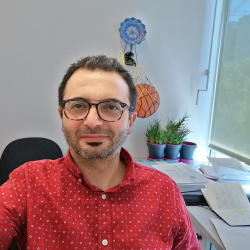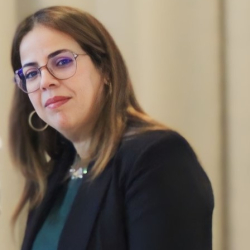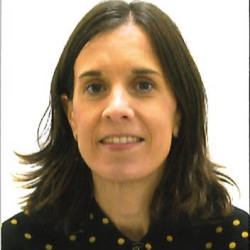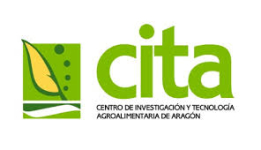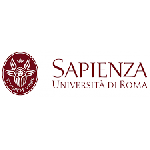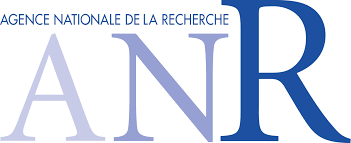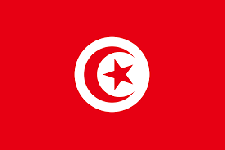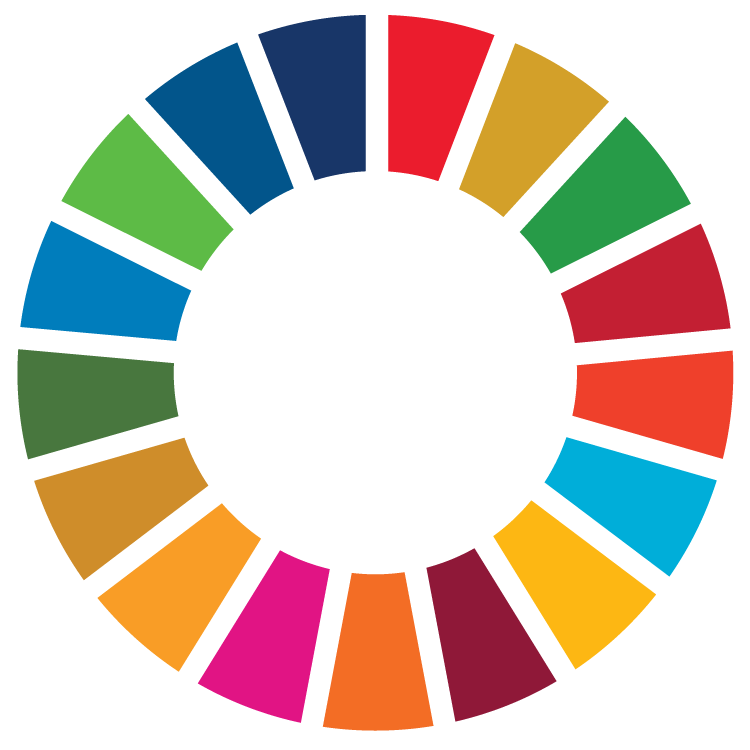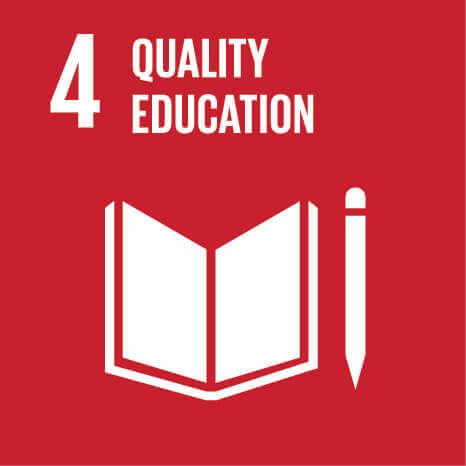ABOUT US




TECHONEY’s main objective is to identify strategies and establish lines of resilience to the new challenges determined by the COVID-19 pandemic for beekeepers in the Mediterranean (Med) agricultural systems through the implementation, definition, enhancement and transfer of competitive, profitable, efficient and trustful honey supply-chain alternatives that address beekeepers’ capacities and attractiveness to fulfil consumer needs on unexpected food market changes. To fulfil the main objective, the project proposes the development of a traceability system to guarantee the quality and safety of honey within the supply chain for more effective communication to consumers and to strengthen access to different markets (e-commerce, direct sales, etc.). TECHONEY is structured in four main technological pillars: 1) creation of a consortium IoT blockchain platform that involves various actors in the honey supply chain to ensure transparency and traceability, in addition to reducing costs and ensure the traceability in the honey supply chain; 2) creation of a transformative learning community to ensure a smart-short-resilient shared supply chain; 3) characterization of the quality of honey to guarantee its traceability within the blockchain directly by consumers; 4) develop ICT tools for honey supply chain participants and consumers. The project proposes to design and develop a multidimensional framework to analyse six full honey supply chains (farm to table) that will integrate economic, social and environmental indicators, and a traceability system, with a bottom-up approach considering the stakeholders´ perspectives. The participatory approach of the project is based on the creation of a Honey Innovation and Learning Ecosystem (HILE) living-lab (LL) that will be the arena to collect information from the honey sector and consumers and to transfer and apply the new optimized models. Moreover, a consortium blockchain, coupled with IoT (Internet of Things), the system will be created to offer real-time tracking and complete traceability of honey along the supply


